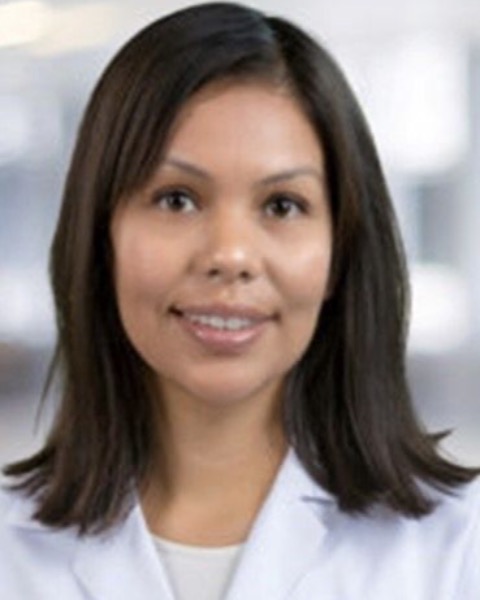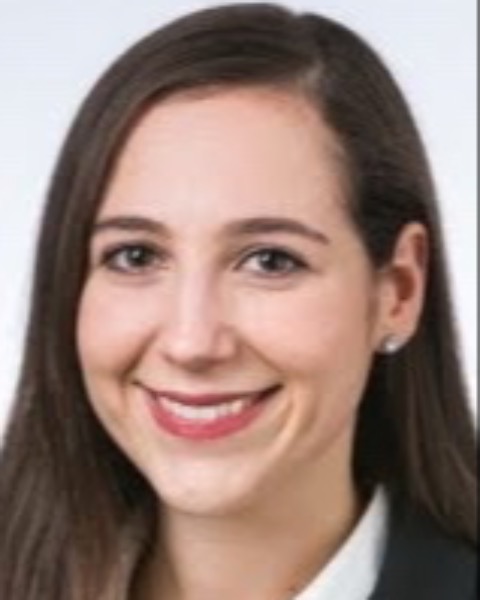Academic and Research Skills
Career Development
Diversity, Equity, and Inclusion
Medical Education
Trainee
Don’t Improvise Your Leadership: Essential Leadership Skills for Physicians at All Levels
-

Jennifer Takagishi, MD (she/her/hers)
Professor of Pediatrics
University of South Florida
Tampa, Florida, United States -
SF
Suzanne (Shoshana) Friedman, MD (she/her/hers)
Associate Professor of Pediatrics
Columbia University Vagelos College of Physicians and Surgeons
New York, New York, United States -
.jpg)
Scott Moerdler, MD (he/him/his)
Associate Professor of Pediatric Hematology Oncology
Rutgers Cancer Institute, New Jersey, United States -

Audrey Uong, MD, MSc
Assistant Professor of Pediatrics
Pediatrics
The Children's Hospital at Montefiore
Children's Hospital at Montefiore
New York, New York, United States -

Elia Escaname, MD (she/her/hers)
Assistant professor
UT Health San Antonio
San Antonio, Texas, United States -

Kiera Sarill, MD (she/her/hers)
Pediatric Hospital Medicine Fellow
The Children's Hospital at Montefiore
New York, New York, United States -

Blake Wall, MD (he/him/his)
Chief Resident and Instructor in Pediatrics
NYPresbyterian Columbia
NEW YORK, New York, United States -
DC
Doreen Chang, MD (she/her/hers)
Chief Resident and Instructor in Pediatrics
Columbia University and NewYork-Presbyterian
New York, New York, United States
Leader(s)
Co-Leader(s)
Workshop Description: Can you lead an interprofessional team without ‘supervision’? Are your trainees ready? If not, this workshop is for you! Physicians are expected to lead in multiple arenas: clinical, educational and administrative. Much of the leadership that physicians do doesn’t happen within the setting of a specific leadership role. In fact, developing leadership skills as a physician is so important that Entrustable Professional Activities (EPA) exist for trainees, both residents and fellows, in this domain. Given the disparities in leadership roles for those underrepresented in medicine, developing culturally humble leadership skills for all is essential. However, most physicians have never been trained to lead teams and have needed to develop these skills on their own, due to lack of designated curricula until much later stages of careers.
In this workshop we will focus on specific leadership skills, based on EPA 15-“Lead an interprofessional healthcare team”, that are applicable to physicians across the spectrum - from medical students to senior faculty. Even if they do not work in designed leadership roles, all physicians require excellent management and leadership skills to lead medical teams. Attendees will discuss scenarios that are regularly encountered and utilize interactive improvisational games to review and practice leadership skills pertaining to accountability, navigating conflicting goals and recognizing and responding to social cues and emotional responses. We will discuss how these skills can be implemented to advance their own careers. We will conclude by discussing and sharing ideas to teach these skills to learners of all levels.
Learning Objectives:
- Discuss leadership principles that inform professional development
- Practice leadership skills using case in scenarios and improvisation
- Collaborate regarding methods for teaching leadership skills to physicians of all levels

